India @75: Shradha Agarwal reminisces strong legacy of advertising over the years
As India gears up to celebrate her 75th year of Independence, we at Adgully are tracing the journey of Advertising and its contribution to the Indian society at large – whether it is bringing about a change in mindsets, or a societal pattern, or empowering different communities or ushering in new thoughts – basically, Soch badal ke rakh diya.
Our aim is to collate 75 most impressive and significant ways in which Advertising has impacted India over the decades. For this, we are reaching out to the Advertising Honchos of India to share the most significant contributions of Advertising to the Indian society and why they consider them to be important developments. We will serialise the story on Adgully’s website in the lead-up to the Independence Day this year in this special series: India @75 – Through the Advertising Lens.
In an interaction with Adgully, Shradha Agarwal, Co-Founder & CEO, Grapes, noted that it is evident that the Indian advertising has undergone sea changes from 1940’s till now, the industry as a whole has witnessed Herculean transformations. The Indian advertising fraternity has evolved over the course of the last 70 years, reflecting the change that the country’s economy as well as society has went through. Advertising as a genre can be tracked back from the conventional modes to the modern era. During the initial phase, the ads were mostly placed on newspapers followed by the evolution of radio. After some year, India experienced a media boom with the growth of cable satellite. The introduction of coloured TVs gave an enormous opportunity to connect with the consumers. The earlier ads were merely in the long form, written simply, but informative with straight messaging of the product – aiming at selling the product.
She further said, “The journey till now has been progressive and there have been ads that bring back the nostalgia in seconds. Be it any medium – print to OOH or TV, advertisements have touched upon many spectrum, and have been an indispensable part of a changing India. After a few decades, brands understood that one can’t make an emotional connect with straight messaging. Therefore, agencies and brands together decided to invoke human emotions, which would have an appealing effect on them in one way or the other.”
Companies were agile enough to realise that advertisement plays a crucial role in changing the mindset or creating awareness amongst people about the things which concerns them. For example, the iconic ‘Do Boond Zindagi Ki’ campaign driven by ‘Pulse Polio’ immensely contributed to Indian immunization initiative aimed at eradicating the disease from the country. The tagline, ‘Utterly Butterly Delicious’, still stays fresh in the audiences’ minds. Campaigns like ‘Atithi Devo Bhava', ‘Hamara Bajaj’, #GManeGenius are among those that instantly clicks an individual’s mind in seconds.
Continuing further, Agarwal noted, “In the 1960’s, it was the era when brands introduced humour that helped the Indian advertisement grow with leaps and bounds. It was that period when the brands managed to seize the audience attention with their pun intended messages. Well, the earlier ads used to be in cartoon form in newspapers to TV ads, and now it stays relevant to the digital mediums as well. In between 1980’s, brands like, Amul, Parle, Vicks, Fevicol, Mentos and many other brands used humour in their advertising, which resonated well with the customers. Humour advertising in a way or other has helped brands to make an emotional connect with their audience and has done a favourable job in increasing the brand propensity amongst the consumers.”
Throughout the history, there are many ads that have time and again grabbed the eyeballs of the audience with their creative work and have been highly appreciated for their messaging. Over the time, brands have come up with comprehensive narration to stand for the social cause, be it about educating communities, empowering women, breaking stereotypes. There are campaigns that have beautifully integrated social message with their product line.
Ariel’s - Share The Load - With their iconic #ShareTheLoad campaign, Ariel has led the conversation on equality within households and has initiated behaviour changing conversations with their numerous campaign. It actively attempts to promote gender equality which starts at home.
Vicks - Transgender Ad - The first edition of Vicks #TouchOfCare campaign depicted how to care about families that are formed beyond biological ties, breaking stereotypes and highlighting how motherhood has no gender.
Asian Paints - The campaign #HarGharKuchKehtaHai over the years have beautifully narrated that how a house turns into a home because of the people who live in it. It is one of those campaigns that brings a sweet smile on faces.
All Out #StandByToughMoms - It is one of those campaign that took an initiative that tried normalising the concept that tough parenting decisions is required at times. It is very accustomed in households that children are overprotected and spoilt by elders. This sort of environment makes it difficult for mothers to imbibe the sense of right and wrong in their children.
Fevicol - The witty ads of Fevicol are some of the best. The Overloaded Truck ad is still one of its classy ads that subtly spread the message what consequence the overloaded freight can have on the people riding the vehicle. Over the years, the ads have always been simplistic that connects with the audience instantly.
Nescafe ‘Stuttering Stand-Up’ ad - The Nescafe stutter ad connects the audience at an emotional level. It was one of the finest ad of 2014 in the fraternity. The video encouraged people that there will be odd times, when people mock at you. So, instead of being scared, take it as a strength to come out of it.
Surf Excel - Over the years, the brand with its themed campaign #DaagAcheHain has tried to remind that the most powerful virtue of life is showing kindness to each other. Be its Diwali or Holi campaigns or touching any other topic, it has always taken a stand for righteousness and human qualities that one should possess.
Liril Waterfall Girl Ad - It was a big move for Indian advertising industry. A young woman in a bikini made a splash on TV screens in 1974. The Liril girl, who cavorted under a cascading waterfall, became the poster girl for fun and freedom.
Medimix Ganesh Chathurthi - One of the most iconic Ayurvedic brands, Medimix last year came up with an interesting campaign to celebrate Ganesh Utsav in an eco-friendly way. It was aimed at driving home a message of responsibility to safeguard the environment. The brand carved Ganesh Idol on Medimix Ayurvedic soap, made of 18 herbs. The video intended to educate people and inculcate a sense of responsibility towards the environment while following the traditions.
Mamy Poko Pants - When an infant is born, there is a huge responsibility to take care of the child. And in this journey, it’s not just the mother but whole family who looks after the newborn, from Grandparents to uncle that expresses unconditional love on the child. The brand’s campaign #WeAreAllMamy beautifully decoded the story that each member of the family in a way or other shares their part of eternal love with the little one.



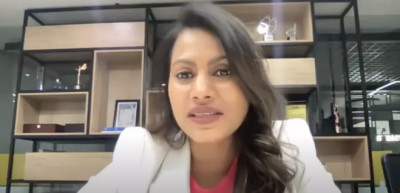



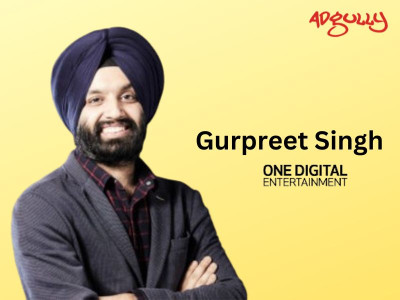
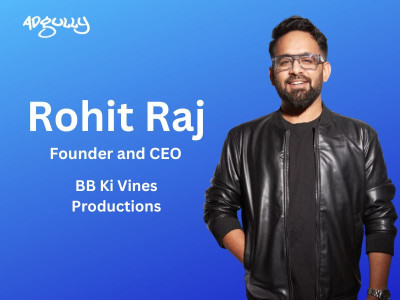

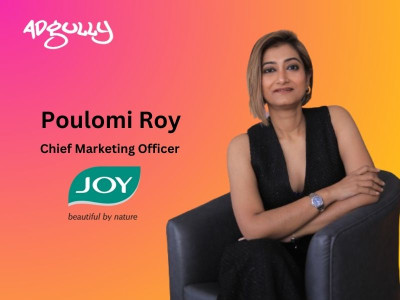
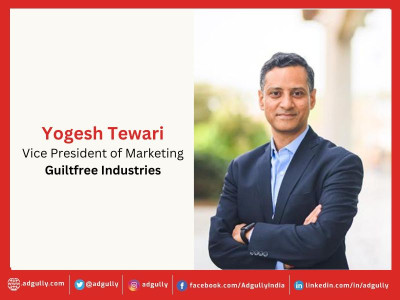
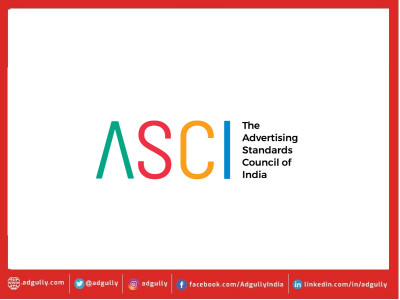
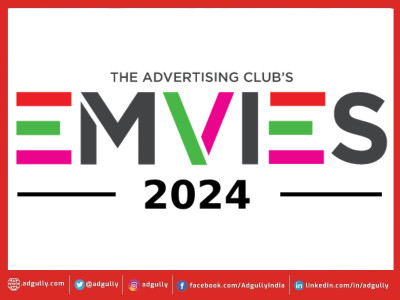
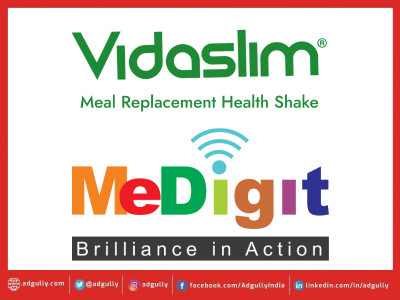



Share
Facebook
YouTube
Tweet
Twitter
LinkedIn